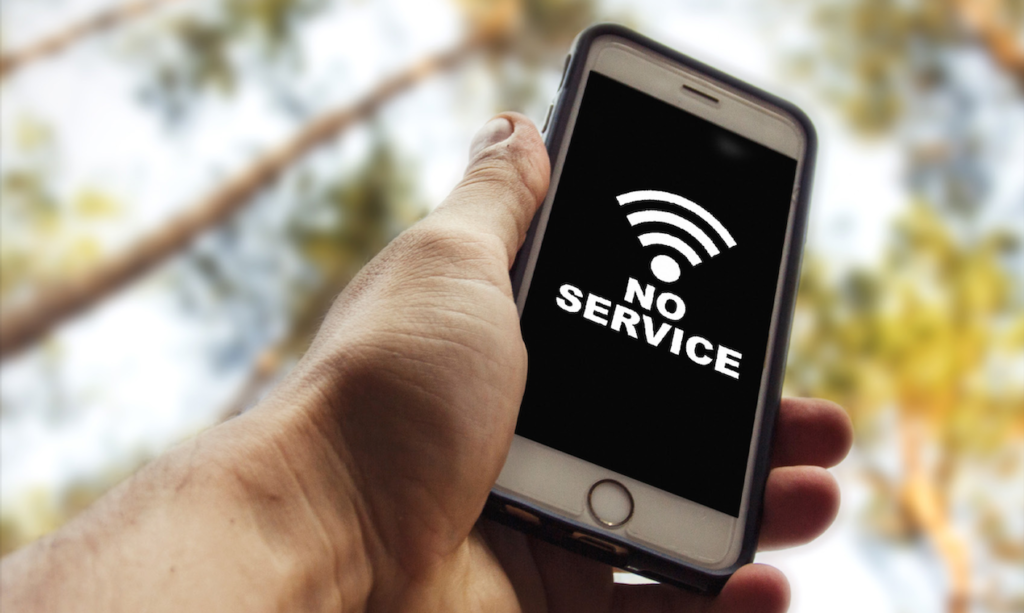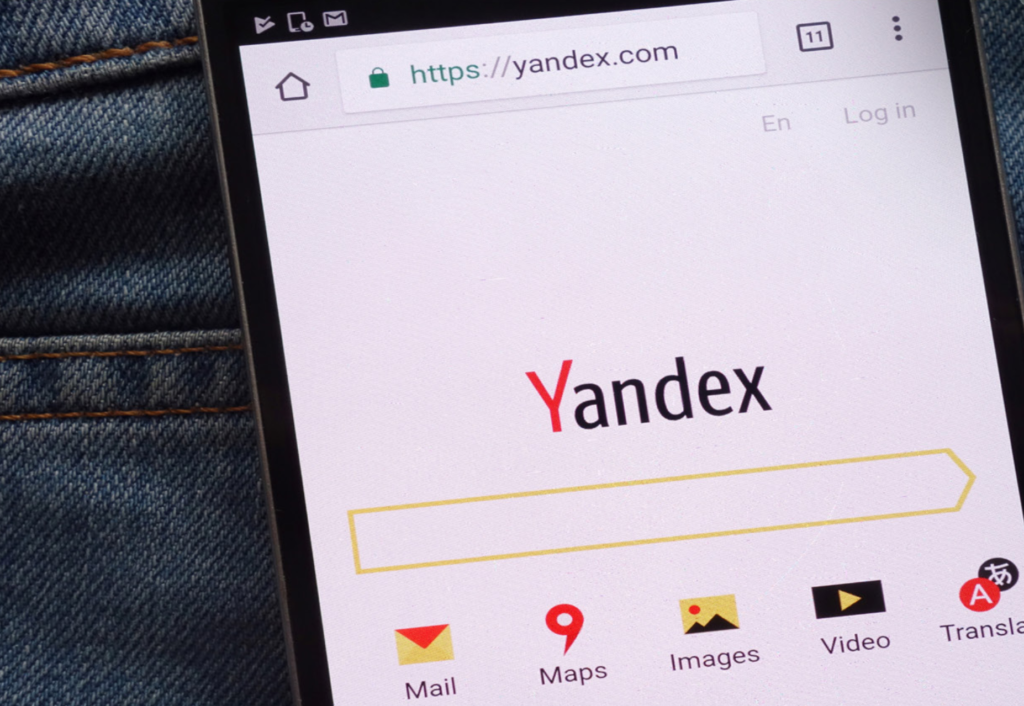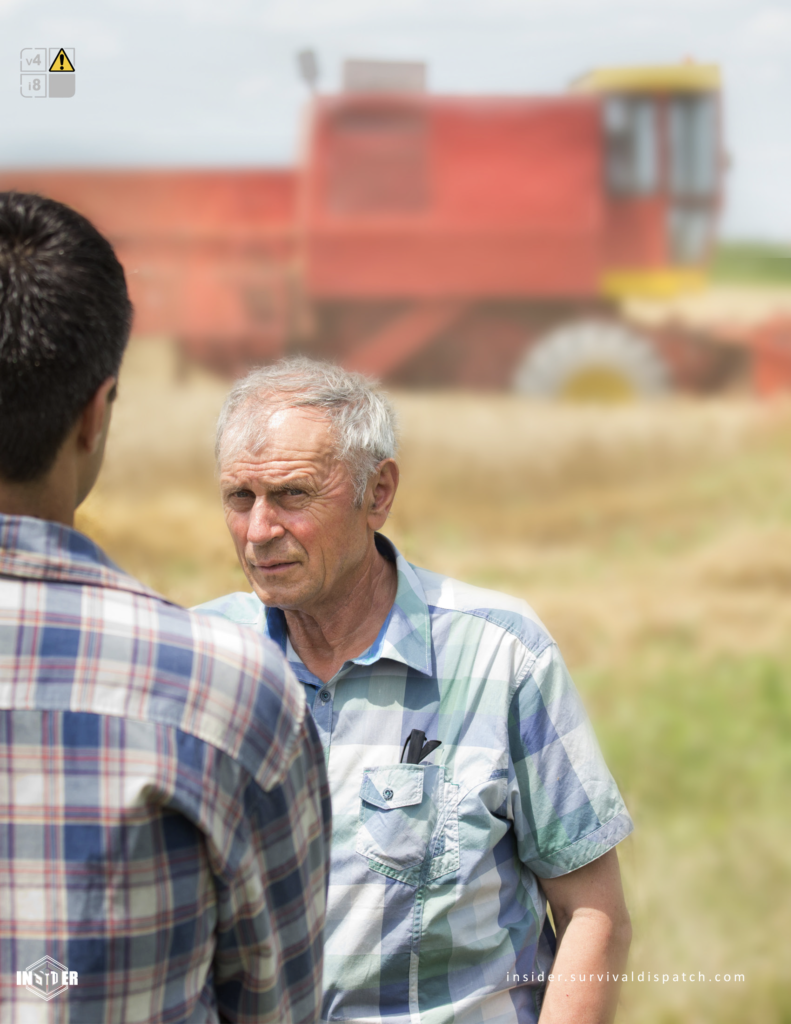This article was originally published in Survival Dispatch Insider magazine Volume 4, Issue 8.
Technology is a wonderful thing. When I was a kid, if someone told me that I would have a small device I carried around in my pocket with the answer to every question I would ever have, not to mention access to all manner of info I shouldn’t have access to I wouldn’t have believed them. I would probably have made a joke about Captain Kirk’s communicator. But that is the world we live in now. From how to cook Mongolian beef to how to change a tire, every question we have is discovered using nothing more than our thumbs.

But what happens when you no longer have access to that technology? How will you then find answers to questions? While books aren’t sexy or cool, they are an invaluable resource. Hands-on experience is your next best bet. I have a friend who is learning to use a mowing scythe, so he’ll be able to feed his livestock. He’s reading books on rotational grazing and fencing off his land now to ensure he can keep them going through the winter. He’s buying and reading books and learning the skills he knows he will need, and he’s doing it now.
This is all the more reason to BUILD YOUR LIBRARY and to do so now. And you don’t have to run out to Amazon and start ordering books. Of course, that is one quick and efficient way to get a library. And if you have the funds, go for it. If your budget is a little tighter, there are other ways. Used bookstores are a great resource for books that most people do not read today. As is the library, when they circulate out old books and sell them for pennies.
Look for old books at flea markets and garage sales. Estate sales are another good hunting spot. Look at the offerings, particularly in the tools department. If someone has a collection of old hand tools or old kitchen wares like cast iron and hand-turn apple peelers, ask them about books. They probably wouldn’t even think anyone would be interested in granddads dusty old books, and the whole set could be bought for next to nothing.
While the internet still works, you can download the myriad of PDFs that are out there. For instance, a Google search for military FM manuals will yield several FTP (File transfer) sites that will allow you to download all of them in PDF. Then print them out and put them in binders, creating an instant tactical library.
Google books is another source to find out-of-print books. You may have to pay a small fee, but these too can be easily acquired and saved. When time permits, print them out as well. You can save all manner of books in this way, and if you have an iPad and a faraday cage for it, you can still access that device no matter what happens.
Bear in mind, the internet doesn’t have to be gone for its usefulness to be severely reduced. We could suddenly find ourselves under a Chinese level of censorship that severely limits the ability to search certain topics and could even result in a very unpleasant visit from people in uniforms. One thing you should be doing now is using a VPN for your internet searches. This masks your IP address and makes it harder to find you. You can increase your security level by using an anonymous search engine like Duck Duck Go or, and only if you’re running a VPN, try using something like Yandex. This Russian search engine often produces results Google will never come up with.

The last method I’ll mention takes time and effort to produce. It is also one of the best resources you can have on the older ways of life. THAT IS TO SIT DOWN WITH YOUR ELDERS OR THE ELDERS IN YOUR COMMUNITY, TURN ON A RECORDING DEVICE, AND TALK TO THEM.

This method will obviously yield a lot of useless information that you will have to wade through. But it will also yield extremely valuable information on how to do the old ways by those that have actually done it. Reading something in a book is nothing like actually doing it. And they can point out all those little ways that can save you time and calories. Not
to mention it’s a hell of a way to spend time with your elders that will pay dividends not only to your knowledge but also to them. Because someone took the time to sit and talk to them.
